This Is My Favorite TED Talk By Mikhail Kazinik Called “The School Is Dead, Long Live The School”.
This is my favorite TED talk by Mikhail Kazinik called “The school is dead, long live the school”.
The point of his TED talk is that the school system is not teaching the right way anymore. The school used to teach to create the image of the world, but it now teaches the subjects without associative thinking.
“We shove information into our poor children like bags […] and where do we put the bags after that? To the junkyard. Because the school’s task is to ignite, and not to shove information.”
The poems Mikhail quoted in this bit: http://www.pushkins-poems.com/Yev704.htm https://ruverses.com/fyodor-tyutchev/we-can-not-divine/8632/
The original: https://www.youtube.com/watch?v=5gt6m7RwlYk&t=924s
More Posts from Eto-ena and Others
So I wanted to do something different and translate a scene from the Russian version of Howl’s moving castle! Hope you enjoy the voice acting just as much as I do. *Бабка, бабки (babka sing., babki plur.) — rude way of saying ‘old woman’. Бабушка, бабушки (babushka sing., babushki plur.) — neutral/polite way of saying ‘old woman’ or ‘grandmother’. Баба, бабы (baba sing., baby plur.) can refer to a grandma you already know (in this case the grandmas name is usually followed) or a woman (in a rude way). All the nouns are feminine.
Just wanted to let you know that English speaking people aren’t the only people who have problems with the word ‘pregnant’. This is Milla Jovovich trying to say the word ‘забеременела’ on a local Russian TV show. The original video: https://www.youtube.com/watch?v=AATwZGHgn24&t=229s
Here's another great bit from a Russian TV that I still love with my whole heart. The show "Improvisation" is basically the Russian version of "Whose line is it anyway?". If you want to learn about what the Russian sense of humor is like, this show is a must watch. After watching this video you will remember the word казус (kazus sing., m.) for the rest of your life.

Fun fact: this episode has become iconic and remains a huge meme in the Improvisation fandom (yes, this show has a fandom).
Hi! Please do more of Evening Urgant or Improvisation videos.. I love watching them and they are really helpful for my Russian but I can't find them anywhere else online so I hope you translate more. You have an amazing blog keep up the good work!!
Hi! Absolutely! There's a lot of Evening Urgant content on the official Youtube channel (youtube.com/c/urgantshow), but unfortunately none of the videos are subbed. The Improvisation content is a lot trickier, there's almost no public access to the episodes online. I myself had a hard time finding the source, and the videos aren't subbed either. I already have a couple of episodes in my drafts. I'm going to translate them once I'm finished with all of my exams! Thank you for the feedback, it means so, so much!

— Why do you always put parentheses in messages? — I feel more comfortable with them)) — What do you mean? — Parentheses look like they are hugging words and they become kinder))

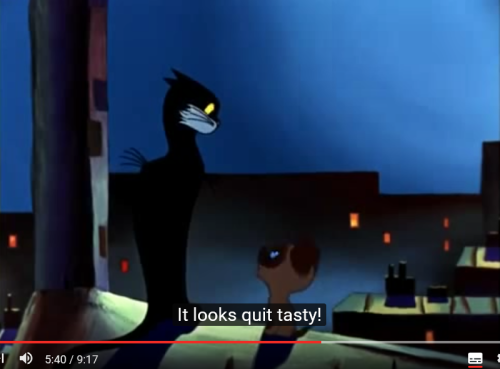

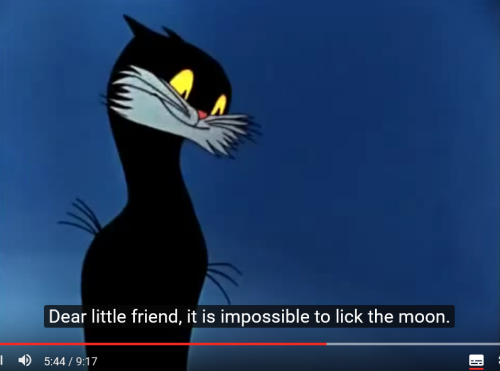
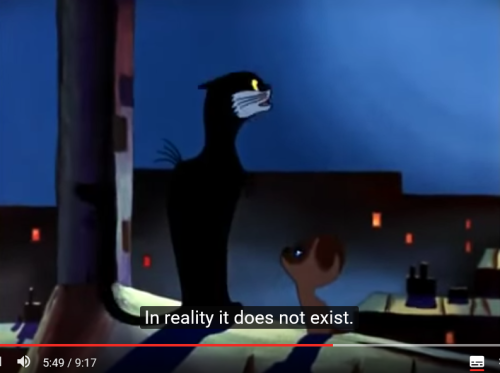

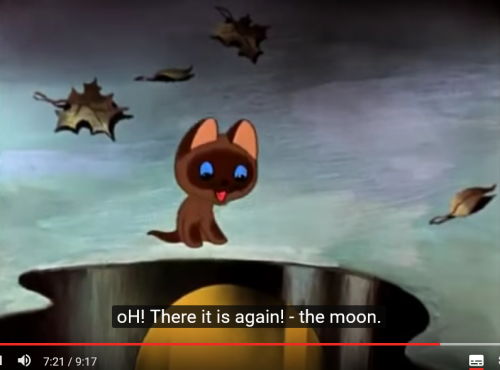
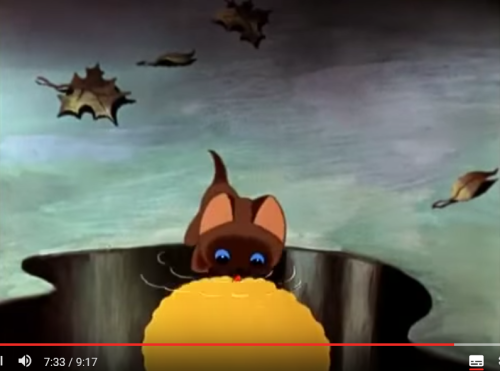

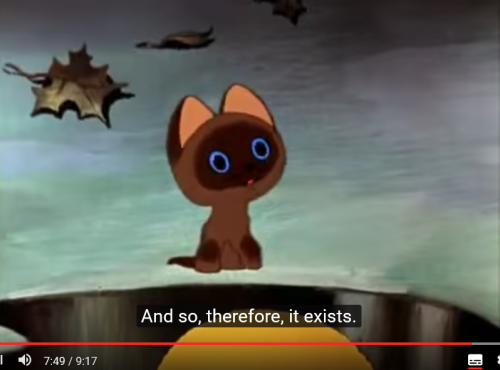
here's a comp of completely random pictures in russian that make me giggle: pt 2

[a product review]
★★★★★ Great product
Experience of using
Less than a month
Advantages
Boils water
Disadvantages
Uses electricity
Comment
That's how kettles work, what can I say.

— Mikhail Andreevich, I won't be at work today
— Thank you

Your region: Samara
[Yes, save me...] ("Да, спасибо")
[No, friend...] ("Нет, другой")

[A questionnare book for children]
17. What do you usually do when you are alone
Listen to music or panic

— Take 💩 for a walk
— Take shit for a walk?
— I couldn't find dog emoji

Smart eyes.
(he's a genius)
Have a good day!
Tips to learn a new language
The 75 most common words make up 40% of occurrences The 200 most common words make up 50% of occurrences The 524 most common words make up 60% of occurrences The 1257 most common words make up 70% of occurrences The 2925 most common words make up 80% of occurrences The 7444 most common words make up 90% of occurrences The 13374 most common words make up 95% of occurrences The 25508 most common words make up 99% of occurrences
(Sources: 5 Steps to Speak a New Language by Hung Quang Pham)
This article has an excellent summary on how to rapidly learn a new language within 90 days.
We can begin with studying the first 600 words. Of course chucking is an effective way to memorize words readily. Here’s a list to translate into the language you desire to learn that I grabbed from here! :)
EXPRESSIONS OF POLITENESS (about 50 expressions)
‘Yes’ and ‘no’: yes, no, absolutely, no way, exactly.
Question words: when? where? how? how much? how many? why? what? who? which? whose?
Apologizing: excuse me, sorry to interrupt, well now, I’m afraid so, I’m afraid not.
Meeting and parting: good morning, good afternoon, good evening, hello, goodbye, cheers, see you later, pleased to meet you, nice to have met.
Interjections: please, thank you, don’t mention it, sorry, it’ll be done, I agree, congratulations, thank heavens, nonsense.
NOUNS (about 120 words)
Time: morning, afternoon, evening, night; Sunday, Monday, Tuesday, Wednesday, Thursday, Friday, Saturday; spring, summer, autumn, winter; time, occasion, minute, half-hour, hour, day, week, month, year.
People: family, relative, mother, father, son, daughter, sister, brother, husband, wife; colleague, friend, boyfriend, girlfriend; people, person, human being, man, woman, lady, gentleman, boy, girl, child.
Objects: address, bag, book, car, clothes, key, letter (=to post), light (=lamp), money, name, newspaper, pen, pencil, picture, suitcase, thing, ticket.
Places: place, world, country, town, street, road, school, shop, house, apartment, room, ground; Britain, name of the foreign country, British town-names, foreign town-names.
Abstract: accident, beginning, change, color, damage, fun, half, help, joke, journey, language, English, name of the foreign language, letter (of alphabet), life, love, mistake, news, page, pain, part, question, reason, sort, surprise, way (=method), weather, work.
Other: hand, foot, head, eye, mouth, voice; the left, the right; the top, the bottom, the side; air, water, sun, bread, food, paper, noise.
PREPOSITIONS (about 40 words)
General: of, to, at, for, from, in, on.
Logical: about, according-to, except, like, against, with, without, by, despite, instead of.
Space: into, out of, outside, towards, away from, behind, in front of, beside, next to, between, above, on top of, below, under, underneath, near to, a long way from, through.
Time: after, ago, before, during, since, until.
DETERMINERS (about 80 words)
Articles and numbers: a, the; nos. 0–20; nos. 30–100; nos. 200–1000; last, next, 1st–12th.
Demonstrative: this, that.
Possessive: my, your, his, her, its, our, their.
Quantifiers: all, some, no, any, many, much, more, less, a few, several, whole, a little, a lot of.
Comparators: both, neither, each, every, other, another, same, different, such.
ADJECTIVES (about 80 words)
Color: black, blue, green, red, white, yellow.
Evaluative: bad, good, terrible; important, urgent, necessary; possible, impossible; right, wrong, true.
General: big, little, small, heavy; high, low; hot, cold, warm; easy, difficult; cheap, expensive; clean, dirty; beautiful, funny (=comical), funny (=odd), usual, common (=shared), nice, pretty, wonderful; boring, interesting, dangerous, safe; short, tall, long; new, old; calm, clear, dry; fast, slow; finished, free, full, light (=not dark), open, quiet, ready, strong.
Personal: afraid, alone, angry, certain, cheerful, dead, famous, glad, happy, ill, kind, married, pleased, sorry, stupid, surprised, tired, well, worried, young.
VERBS (about 100 words)
arrive, ask, be, be able to, become, begin, believe, borrow, bring, buy, can, change, check, collect, come, continue, cry, do, drop, eat, fall, feel, find, finish, forget, give, going to, have, have to, hear, help, hold, hope, hurt (oneself), hurt (someone else), keep, know, laugh, learn, leave, lend, let (=allow), lie down, like, listen, live (=be alive), live (=reside), look (at), look for, lose, love, make, may (=permission), may (=possibility), mean, meet, must, need, obtain, open, ought to, pay, play, put, read, remember, say, see, sell, send, should, show, shut, sing, sleep, speak, stand, stay, stop, suggest, take, talk, teach, think, travel, try, understand, use, used to, wait for, walk, want, watch, will, work (=operate), work (=toil), worry, would, write.
PRONOUNS (about 40 words)
Personal: I, you, he, she, it, we, they, one; myself, yourself, himself, herself, itself, ourselves, yourselves, themselves.
Possessive: mine, yours, his, hers, its, ours, theirs.
Demonstrative: this, that.
Universal: everyone, everybody, everything, each, both, all, one, another.
Indefinite: someone, somebody, something, some, a few, a little, more, less; anyone, anybody, anything, any, either, much, many.
Negative: no-one, nobody, nothing, none, neither.
ADVERBS (about 60 words)
Place: here, there, above, over, below, in front, behind, nearby, a long way away, inside, outside, to the right, to the left, somewhere, anywhere, everywhere, nowhere, home, upstairs, downstairs.
Time: now, soon, immediately, quickly, finally, again, once, for a long time, today, generally, sometimes, always, often, before, after, early, late, never, not yet, still, already, then (=at that time), then (=next), yesterday, tomorrow, tonight.
Quantifiers: a little, about (=approximately), almost, at least, completely, very, enough, exactly, just, not, too much, more, less.
Manner: also, especially, gradually, of course, only, otherwise, perhaps, probably, quite, so, then (=therefore), too (=also), unfortunately, very much, well.
CONJUNCTIONS (about 30 words)
Coordinating: and, but, or; as, than, like.
Time & Place: when, while, before, after, since (=time), until; where.
Manner & Logic: how, why, because, since (=because), although, if; what, who, whom, whose, which, that.
Just a fun fact
The word 'очевидец' is a combination of an old Russian noun 'очи' (eyes) and verb 'видеть' (to see). Just like that, the word itself means 'eyewitness'.
Another Improvisation post! Thank you for the feedback and the suggestions! Fun fact: Dr. Dolittle's name in Russian is Айболи́т (Aibolit) which is a combination of a Russian exclamation «Ай!» and the word «Боли́т» («hurts»). The Russian translators really wanted to make his name speak for itself so they literally named him «Ouch, (it) hurts».
-
 mangust liked this · 2 years ago
mangust liked this · 2 years ago -
 figliadeifiori liked this · 2 years ago
figliadeifiori liked this · 2 years ago -
 sunrise--deepinhell liked this · 3 years ago
sunrise--deepinhell liked this · 3 years ago -
 choiisalive liked this · 3 years ago
choiisalive liked this · 3 years ago -
 queerhummingbird liked this · 3 years ago
queerhummingbird liked this · 3 years ago -
 learningrussian reblogged this · 3 years ago
learningrussian reblogged this · 3 years ago -
 lifeofaeuropeanhockeyfan liked this · 3 years ago
lifeofaeuropeanhockeyfan liked this · 3 years ago -
 fromsiberia reblogged this · 3 years ago
fromsiberia reblogged this · 3 years ago -
 sockswithcats liked this · 3 years ago
sockswithcats liked this · 3 years ago -
 jzrh liked this · 4 years ago
jzrh liked this · 4 years ago -
 denesishere liked this · 4 years ago
denesishere liked this · 4 years ago -
 theycallmewhatt liked this · 4 years ago
theycallmewhatt liked this · 4 years ago -
 oracle-moment reblogged this · 4 years ago
oracle-moment reblogged this · 4 years ago -
 avriora liked this · 4 years ago
avriora liked this · 4 years ago -
 invalid-outlaw liked this · 4 years ago
invalid-outlaw liked this · 4 years ago -
 misse-333 liked this · 4 years ago
misse-333 liked this · 4 years ago -
 swordlady liked this · 4 years ago
swordlady liked this · 4 years ago -
 forgetme-not liked this · 4 years ago
forgetme-not liked this · 4 years ago -
 blue-things-and-magic reblogged this · 4 years ago
blue-things-and-magic reblogged this · 4 years ago -
 blue-things-and-magic liked this · 4 years ago
blue-things-and-magic liked this · 4 years ago -
 su-art-n-stuff liked this · 4 years ago
su-art-n-stuff liked this · 4 years ago -
 silent-neutral liked this · 4 years ago
silent-neutral liked this · 4 years ago -
 noctifernoctua reblogged this · 4 years ago
noctifernoctua reblogged this · 4 years ago -
 aconfusedidentity reblogged this · 4 years ago
aconfusedidentity reblogged this · 4 years ago -
 aconfusedidentity liked this · 4 years ago
aconfusedidentity liked this · 4 years ago -
 eto-ena reblogged this · 4 years ago
eto-ena reblogged this · 4 years ago

actually, we don't call it russian, we simply call it cheeki-breeki
106 posts